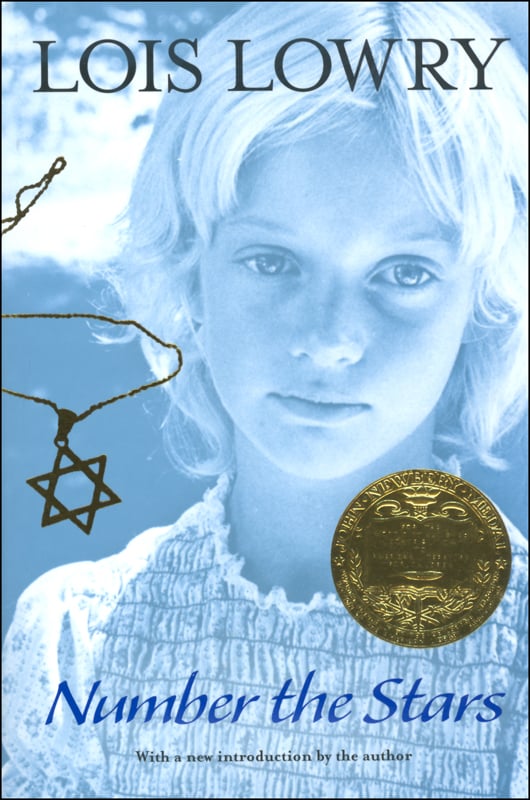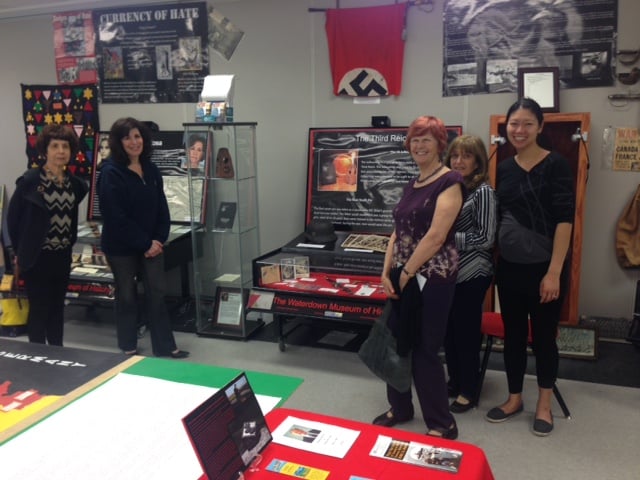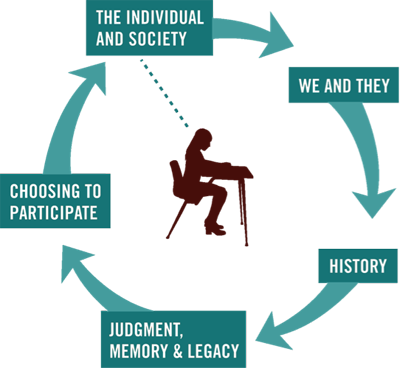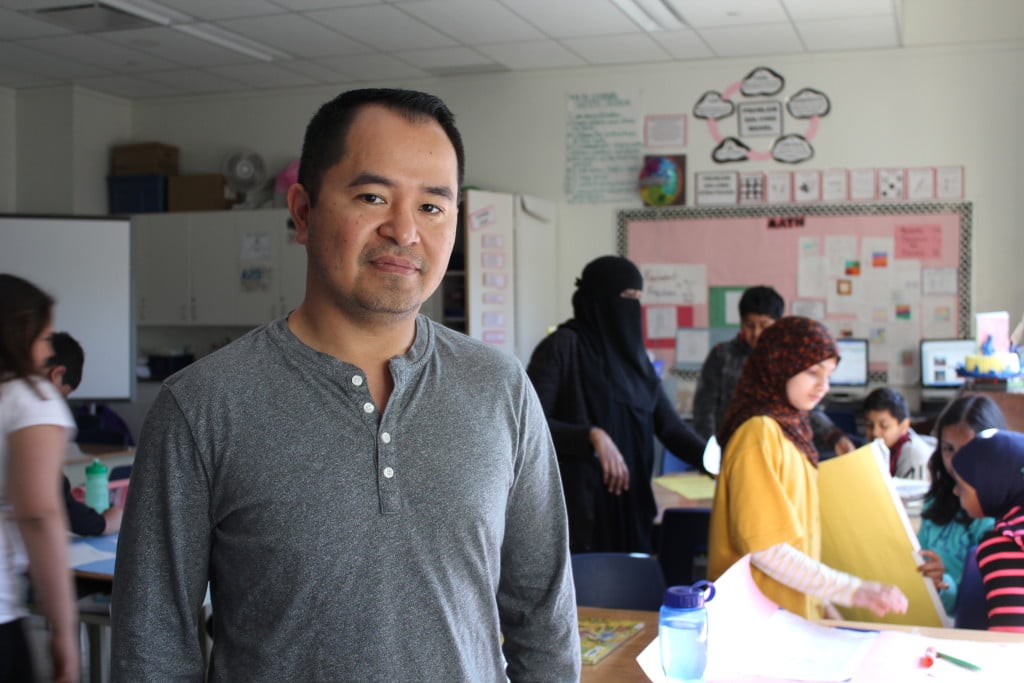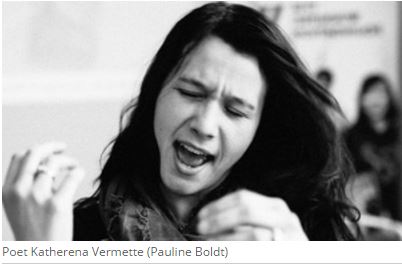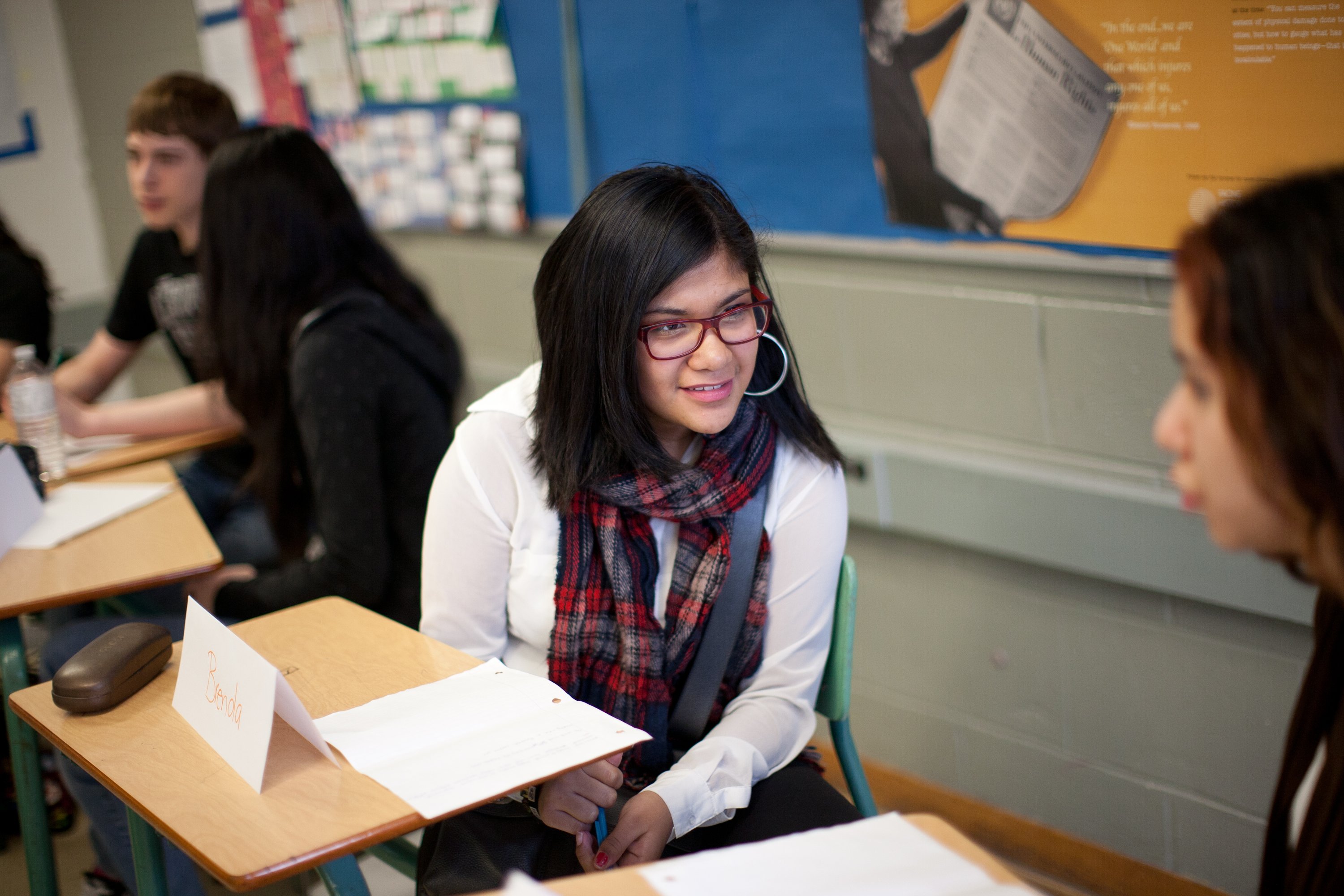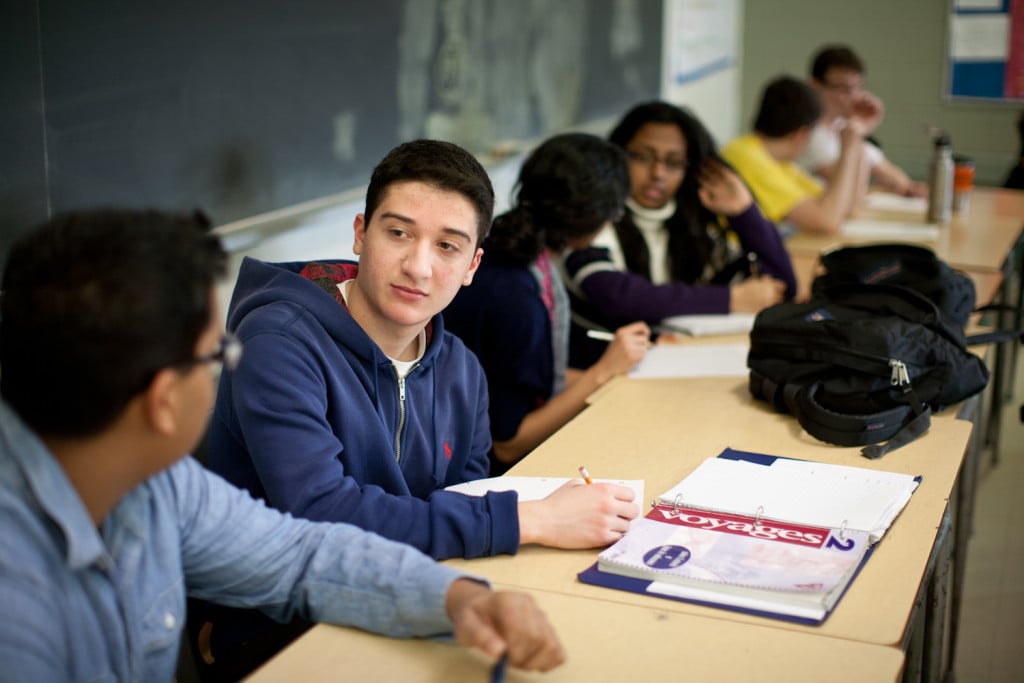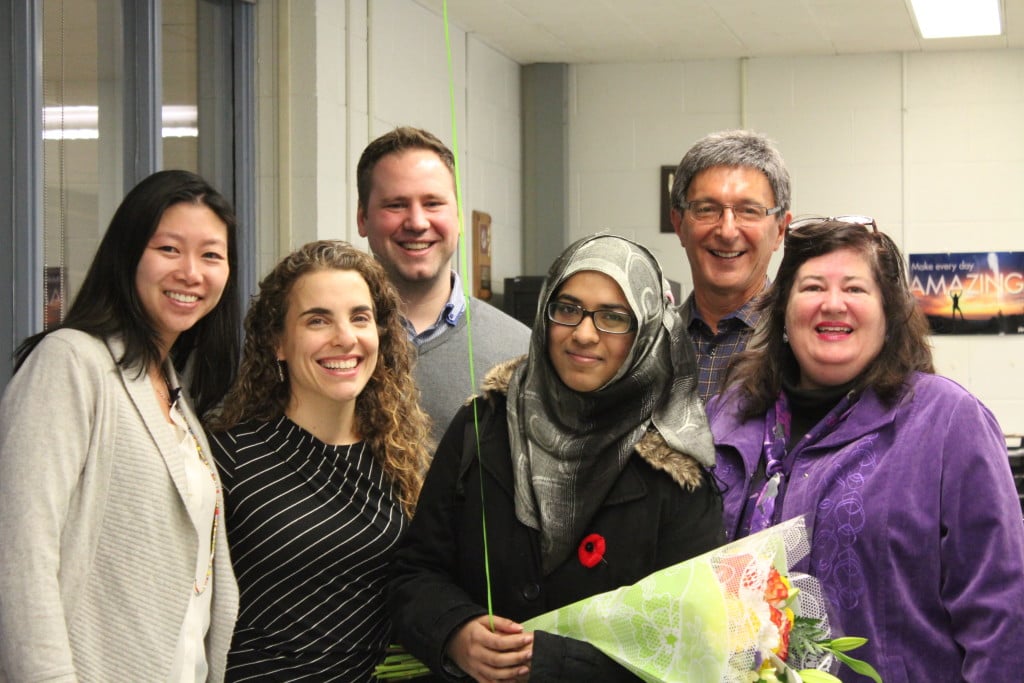Bullying. Ostracism. Peer pressure. Exclusion. Most teachers have faced these destructive forces at one point or another and struggled with how to address these issues in the classroom. This is how Facing History and Ourselves helped prepare me for confronting these issues in my classroom.
Confronting Bullying, Peer Pressure and Exclusion in a Middle School Classroom: Reflections on my First year Part II
Posted by Jonathan Temporal on July 7, 2015
Topics: Safe Schools, Bullying, Middle School, Strategies, Lesson Ideas
Reflections on my First Year as a Facing History Teacher Part 1: “Healthy Tensions”
Posted by Jonathan Temporal on June 30, 2015
Early in my teaching career I came across Voltaire's aphorism, which states, “perfect is the enemy of good.”[1] As my fifth year as a middle school teacher, and my first year as a Facing History teacher comes to a close, I developed a new appreciation for this message.
Ten months ago, shortly after participating in the Facing History and Ourselves: Holocaust and Human Behaviour seminar, I wrote a blog post detailing my plans for my first year as a Facing History and Ourselves teacher. I strongly believe in the power that the Facing History and Ourselves curriculum offers students, and I wanted to make sure I lived up to what it meant to be a Facing History teacher. During the year, I found myself chasing the “perfect” lessons, which I hoped would chain together to create the “perfect” unit, and the “perfect” year. Here is what I have learned since then.
Topics: Identity, Holocaust Education, Middle School, Strategies, Lesson Ideas
In 2013, Waterdown District High School teacher Robert Flosman applied for and won a Margot Stern Strom Innovation Grant to create a Museum of History in his classroom as a way to engage students deeply and differently in the study of history. In November 2014, he wrote a post for this blog describing his museum. One year later, Rob has more to tell us about the museum Facing History and Ourselves’ grant made possible.
Topics: History, Canada, Innovative Classrooms, Museum Studies, Margot Stern Strom Innovation Grants, Memorial, Genocide and Crimes Against Humanities Course
How to Teach About Canada's Residential Schools: A Model for Truth and Reconciliation
Posted by Cheryl Payne on June 3, 2015
At the release of the Truth and Reconciliation Commission of Canada’s final report, the call to educate all Canadians about the treatment and legacy of Residential Schools was loud and clear.
Facing History high school teacher Cheryl Payne-Stevens embarked on this important (and daunting!) task with her students and shared her experience with us:
Topics: Choosing to Participate, Facing History and Ourselves, History, Canada, Genocide and Crimes Against Humanities Course, Lesson Ideas
Making Breakthroughs: Using Spoken Word Poetry to Teach History
An innovative new collaboration took place last spring connecting classrooms and teaching students literacy and performance skills through the study of history and spoken word poetry. “Stand Up, Speak Out,” a four-week program designed by Facing History and Ourselves, brought professional spoken word artists into Grade 11 classrooms as part of a unit of study that explores the history of genocide and issues of identity, tolerance, and community.| Spoken word artist Matthew Jones, stage name Testament, speaking with Facing History students in Canada. Photo Credit: Nick Kozak |
| [caption id="attachment_2524" align="aligncenter" width="600"] Students at Riverdale Collegiate in Toronto with spoken word artist Lishai Peel. Photo credit Nick Kozak[/caption] |
A Classroom Project with Community Impact: The Regent Park Immigrant Memorial Project
Posted by Jasmine Wong on May 26, 2015
Earlier in May, Facing History and Ourselves announced the 2015 winners of our annual Margot Stern Strom Innovation Grants. Facing History selected nine projects, all of which focus on collaborative learning, and were selected from a pool of international applications for their potential to inspire students to make a difference.
Topics: Facing History Together, Canada, Innovative Classrooms, Margot Stern Strom Innovation Grants, Memorial, Middle School
When I first looked at exploring human rights issues in my grade nine English class, I struggled with finding the right medium to help my students to dig deeply. The idea behind using slam poetry came from my student teacher, Andrew. Andrew believed that the personal stories of those directly affected by things like unfair laws, tragedies, and war would most help students understand human rights and why they are integral to our world.
Topics: Lesson Ideas, English Classroom
3 Ways Students Can Choose to Participate as an End of Year Project
Posted by Ben Gross on April 30, 2015
Over the years I have had many conversations with colleagues about how the Facing History and Ourselves’ Scope and Sequence—the framework for investigating atrocities in history—works in our classrooms. One of the topics that is brought up often is the last phase, Choosing to Participate.
Topics: Choosing to Participate, Inside a Genocide Classroom
From Understanding to Upstander: Inside a Genocide Studies Classroom
Posted by Lanny Cedrone on April 13, 2015
One of the questions that we often struggle with as teachers, and even more so as teachers that cover issues of genocide, is How do we even begin to understand something that is so far removed from most of our personal experiences?
Topics: Choosing to Participate, Safe Schools, Identity, Strategies, Genocide and Crimes Against Humanities Course, Lesson Ideas, Inside a Genocide Classroom
Topics: Facing History Together, Canada, In the news


